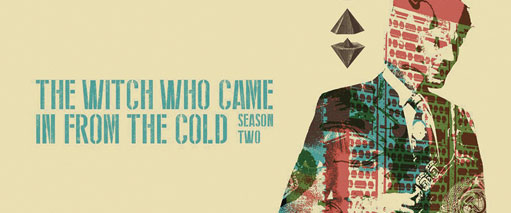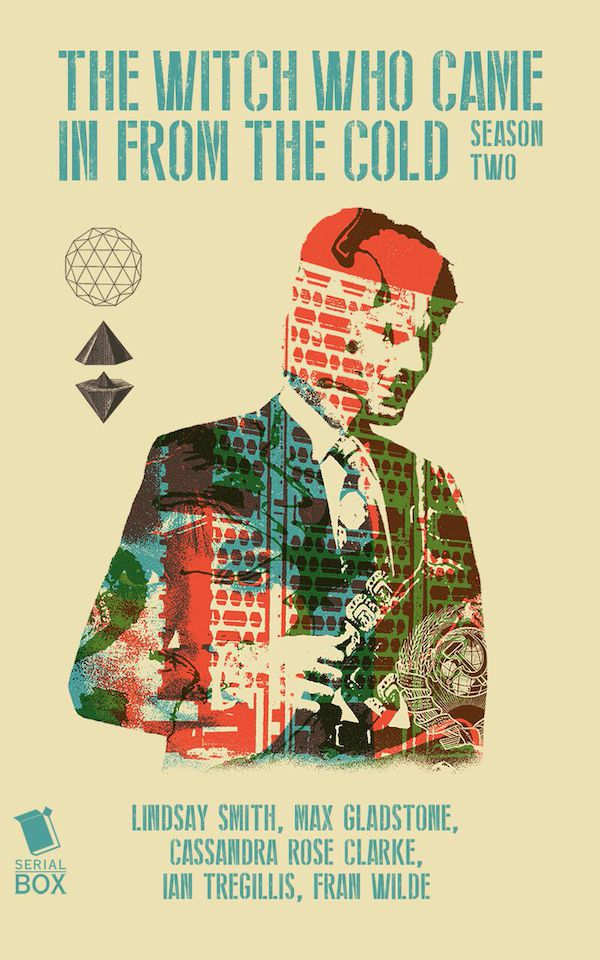Culture Shock: How Do You Take Your Fiction?
Serial Box Delivers Novels That Fit Into People's Lives


Serial Box
Latest Article|September 3, 2020|Free
::Making Grown Men Cry Since 1992


Serial Box


